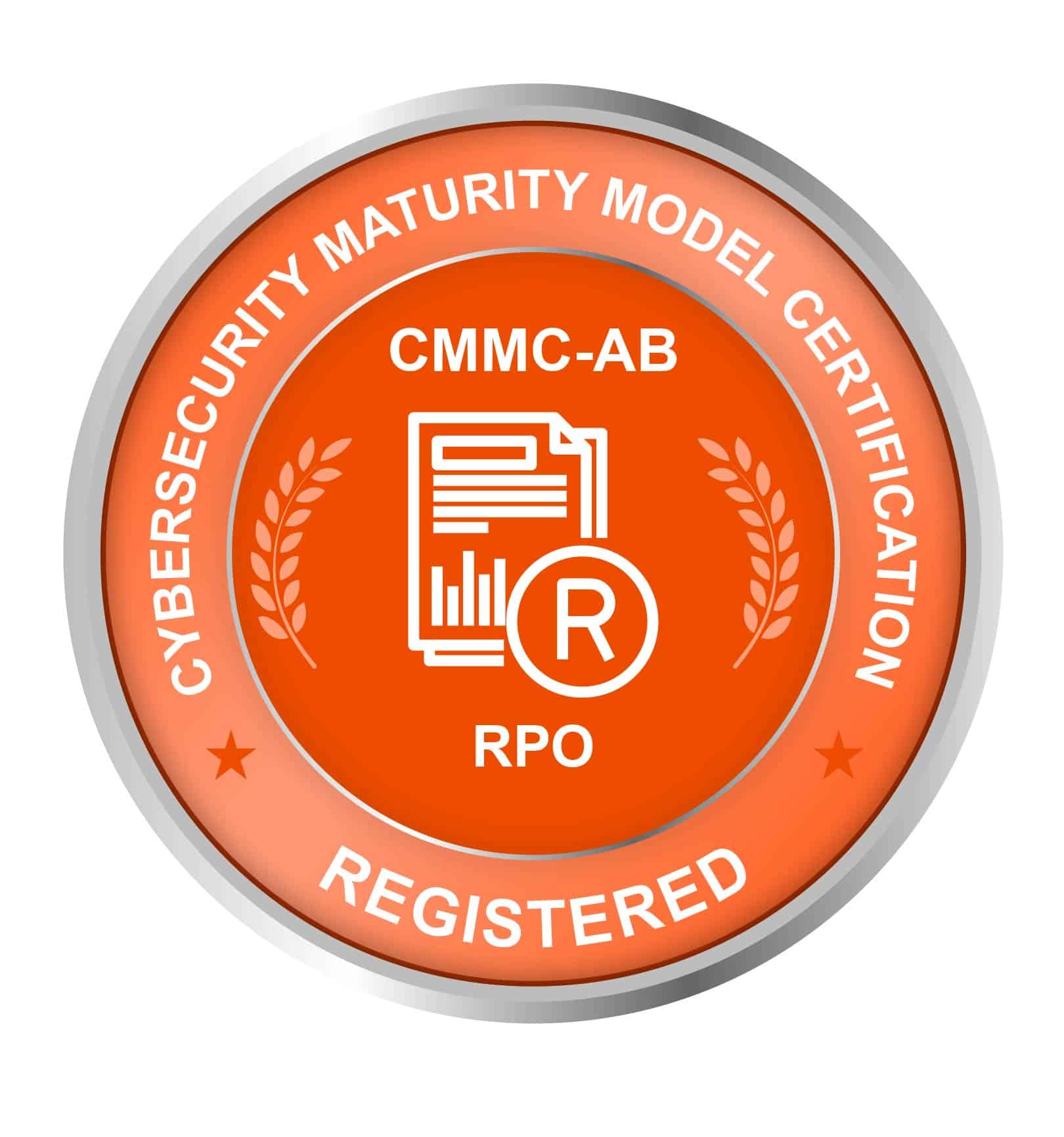Hacking is more common than you think, and everyone is at risk—especially businesses. Hence, you may want to think twice about not setting up a reliable protective system and having the right firewall appliance to safeguard your small business and all its sensitive information and assets. Also known as ‘hardware firewall’, a firewall appliance is a device that comes with all the necessary software and hardware in an all-in-one package to be plugged between two networks to be isolated. This type of product is typically solid state and come with an operating system and a dedicated web server. You should be able to configure a firewall appliance from a web browser that is connected to the network it is protecting.
A firewall appliance can be crucial for your small business. It can be more reliable than software-based firewall in terms of security and speed. Firewall appliances are designed to run faster, so their response times are quick er and they can handle heavier network traffic. They are less prone to attacks due to their built-in operating system and enhanced controls for security. Hence, security risks are reduced.
The firewall appliance is not prone to interference. The box is typically separated from other components in the network, so it is easier to manage and it will not cause other applications to slow down or load by themselves. You can shut down, reconfigure, or move the box without causing too much interference to your network.
There are other types of firewalls a small business can consider aside from the firewall appliance. Packet-filtering firewalls work at the router to compare every received packet to a set of assigned criteria, like port number, packet, type, or IP addresses before being forwarded or dropped. Circuit-level gateways monitor TCP handshakes between remote and local hosts to see if the initiation session is legit or trustworthy, although they do not inspect the packets. Stateful inspection firewalls examine every packet while keeping track of whether or not it is part of an established TCP, making them more secure than circuit-level gateways and packet-filtering firewalls.
Application-level gateways or proxies come with the features of circuit-level gateways and packet-filtering firewalls, but they can impact network performance. Multilayer inspection firewalls combine circuit monitoring with packet filtering, while enabling direct links between remote and local hosts transparent to a network. They use algorithms to determine the service being requested instead of using a proxy.
About the Author:
Mike Rana is the Chief Technology Advisor of Orion Network Solutions. Orion Network Solutions specializes in providing Computer Installation, Maintenance, and Consulting services along with 24×7 help desk services for small and midsize companies. We provide network solutions that enable small businesses to not only lower their management cost but also increases employee productivity at the same low price. We offer network solution that becomes an integral part of your organization and can provide an increase in productivity of your organization.










